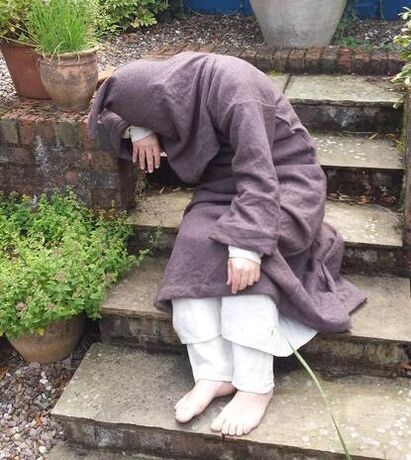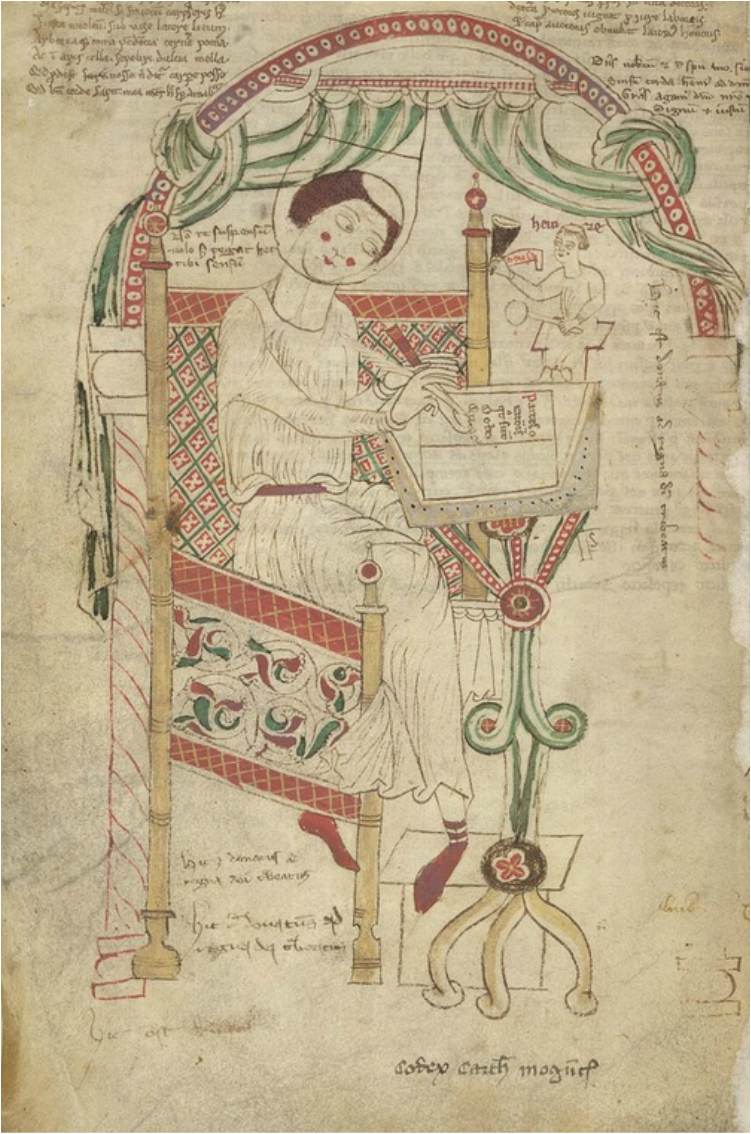|
Individual scholars sometimes agonize over ideas of ‘public engagement’, and are more than familiar with the intensifying pressures within academic circles to create ‘impact’ beyond the so-called ivory towers. Yesterday, in London, a group of academics and media professionals met to discuss some of the issues involved …
‘Research into the Medieval and Early Modern: Navigating Issues of Engagement’ was a really good conference, certainly one worth sacrificing my Saturday leisure for. It was held at Queen Mary’s and organized by a team of postgrads there. So, first, a big thank you to Hetta Howes, Ella Kilgallon and Lydia Zeldenrust for doing such a great job! A chief aim of the conference was to address the question of how scholars get their research out to a wider audience. The focus was scholars within the Arts, and there was a particular emphasis, as you see from the title, on medievalists and early modernists, those of us whose research looks at the histories, languages, literatures and cultures of peoples who lived between 500 and 1800 (these are very approximate dates). Now I don’t really want, here, to regurgitate all the details of the programme, though I will say there were some really top-notch talks. What I do want to do with this particular post is open up the issue of ‘navigating issues of engagement’ to those of you who are kind enough to read my blog. It was acknowledged at the outset of the conference that not every academic feels comfortable or able to present their work for non-academic audiences. Some actually feel that it’s not their job to do so, or that by presenting their research in a more ‘populist’ way (e.g. via TV, radio, public exhibitions, or magazine features) that they are in danger of dumbing down their work and compromising their professional reputation. Few academics would treat lightly the possibility of being stigmatized as a ‘media whore’. Of course, it’s not really possible, and certainly not desirable, to force every academic into wider public engagement. However, it is important to break down barriers between academia and the general public; or, to put it more positively, to demonstrate the wide relevance and value of Arts research. I received a tweet the other day that thanked me for trying to do this. For me, stepping out of my own ivory tower is a very positive thing. It’s my particular thing, it’s true, my chosen career path. That doesn’t mean that I’m indifferent about academic research – of course not. We need robust studies; I want my own research to be the best it can be. But when I was told in the tweet that the work of people like me had thrown light on historical subjects that were once seen as elitist endeavours, well, I was actually quite chuffed. It may sound like I’m doing a bit of trumpet blowing here – my own trumpet firmly in hand. But really, what I’m attempting to do with this little anecdote is open up the debate. I really would love to know what others think about this subject, academics or non-academics. So, go on, have your say: Are scholars who use public media to present research dumbing down or opening up? Or is it somewhere in between?
2 Comments
Carol Westley
20/10/2014 03:24:22 am
This is a fiery question, Chris and Respect! for having addressed it.
Reply
Chris (The Anglo-Saxon Monk)
21/10/2014 02:18:20 am
Thanks, Carol. It's good to hear from someone who has been in the thick of it, so to speak, for decades. I'm sure at least some of your Coleridge students remember what they were taught BECAUSE you made them laugh. Humour can be a great vehicle for education. I'm sure some educators don't want the pressure to entertain -- and, let's face it, we don't all have the necessary skills to do so -- but that doesn't mean that those skills should be denigrated. And, as your comment makes clear, whether its the style of teaching or the medium of teaching we're considering, it is about making research and knowledge relevant to new types of learners. The importance of knowledge/research isn't demonstrated by keeping it to oneself or a select few, but by finding ways to convey the core principles and ideas of that research. If we have something of value, I believe we should strive to make it accessible.
Reply
Leave a Reply. |
Details
|



